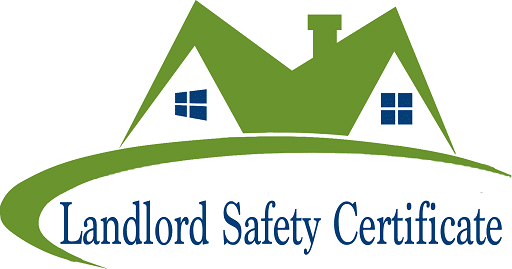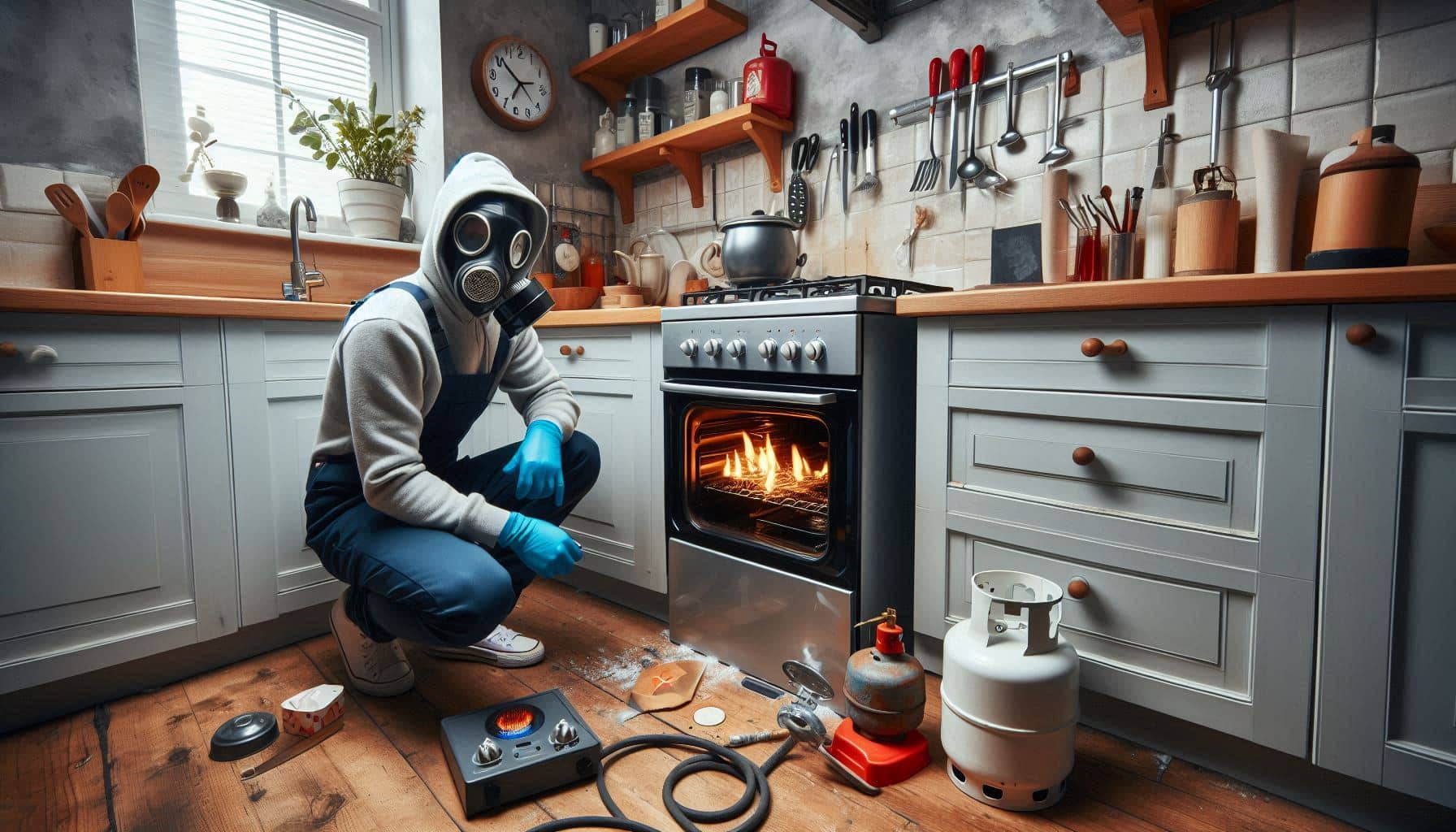
When it comes to rental properties and private homes in London, the safety of kitchen appliances is one of the biggest concerns for both landlords and tenants. A badly fitted cooker is not just inconvenient—it can be dangerous. Identifying the signs of a bad cooker fitting early is essential to protect tenants, comply with regulations, and avoid unnecessary costs. Beyond inconvenience, poor installation can create serious gas cooker safety risks that put lives in danger.
This guide will walk London landlords and property owners through the key warning signs, legal responsibilities, and best practices to ensure every cooker is installed safely and professionally.
Cookers are central to any London rental property, but if they are not installed correctly, problems soon appear. The most common bad cooker fitting issues include loose connections, poor ventilation, or incorrect placement of the appliance. These mistakes not only damage the cooker but also create hazards in the kitchen.
More importantly, they can lead to gas cooker safety risks such as leaks, fire hazards, or even carbon monoxide poisoning. In a city where thousands of properties rely on gas appliances, local councils treat cooker safety as a priority during inspections. That’s why spotting problems quickly matters so much.
Often, landlords or tenants can spot obvious warning signs of a poor installation just by looking carefully. Misaligned cookers, gaps between the appliance and countertops, or unsteady bases are clear indicators of bad cooker fitting. A cooker that rocks or moves when touched is unsafe and should be fixed immediately.
Additionally, visible wear on gas pipes, loose fittings, or scorch marks on nearby surfaces can signal more serious gas cooker safety risks. London landlords should always act quickly when these signs are noticed, as visual issues often point to hidden dangers in the gas supply or ventilation system.
Not all problems can be spotted visually. Sometimes, it’s the small changes in how the cooker functions that reveal a poor installation. For instance, if a property has a bad cooker fitting, tenants may report strange hissing sounds, irregular flame patterns, or difficulty igniting burners.
Equally concerning are smells of gas around the kitchen, which are clear gas cooker safety risks that require immediate attention. In London, emergency services treat any reported gas smell as urgent, and landlords may face fines if they delay inspections. These sensory clues should never be ignored, as they often suggest dangerous leaks or faulty connections.

Cookers that are fitted without proper ventilation create invisible but dangerous threats. One major bad cooker fitting mistake is placing the appliance too close to walls, cabinets, or without sufficient airflow. Poor installation can prevent fumes from escaping, leading to a buildup of harmful gases.
This situation directly increases gas cooker safety risks, particularly carbon monoxide poisoning, which is a silent and deadly hazard. In London, landlords are legally required to install carbon monoxide detectors in properties with gas appliances. Therefore, any ventilation problem should be treated as a compliance issue as well as a safety one.
Under UK law, landlords carry full responsibility for ensuring that cookers and other gas appliances remain safe to use. Therefore, when landlords hire uncertified installers or ignore early signs of a bad cooker fitting, they place themselves at serious legal risk. Such negligence can quickly result in prosecution, heavy fines, or even imprisonment. Moreover, the Gas Safety (Installation and Use) Regulations clearly state that only Gas Safe registered engineers can perform gas-related work.
In addition, failing to follow these legal standards directly exposes tenants to dangerous gas cooker safety risks and leaves landlords vulnerable to strict penalties from London councils. Annual Gas Safety Certificates are not optional—they are mandatory—and inspectors frequently review cooker installations during these checks. Consequently, landlords who attempt to cut corners not only endanger tenant safety but also jeopardize their right to continue renting properties in London.
Tenants are often the first to notice problems because they use the appliance every day. For example, one of the most common complaints linked to a bad cooker fitting is uneven cooking, where food cooks more slowly on one side than the other. This usually indicates poor gas flow or an incorrectly leveled cooker.
In addition, tenants frequently report pilot light failures, strong gas odors, or overheating in nearby cabinets. Each of these issues clearly signals gas cooker safety risks that landlords in London must address without delay. By responding to tenant concerns promptly, landlords not only ensure safety but also build stronger tenant relationships, improve trust, and reduce the risk of disputes.
While you may notice some issues, only professionals confirm whether a cooker is installed correctly. A qualified engineer spots even minor bad cooker fitting problems during routine checks and prevents major hazards before they occur. Landlords must avoid DIY fixes, since gas appliances demand specialist skills.
Always engage a Gas Safe registered engineer to guarantee compliance and reduce gas cooker safety risks. In London, engineers also advise landlords on upgrading older appliances, improving both safety and energy efficiency. Regular inspections cost little compared to the serious consequences of poor installation.
It may be tempting to delay action when problems seem minor. However, ignoring a bad cooker fitting often leads to expensive repairs later. Gas leaks can damage property infrastructure, while unsafe installations may require full replacements rather than simple adjustments.
More importantly, the legal and financial consequences of overlooking gas cooker safety risks are significant. Tenants may demand compensation, councils may issue fines, and insurers may refuse to cover damages. In a competitive rental market like London, landlords who fail to address cooker safety also risk losing tenants to safer, more modern properties.
The best way to avoid problems is prevention. Landlords should always hire certified professionals for new installations, request documentation of work carried out, and schedule post-installation inspections. Preventing bad cooker fitting at the beginning saves time, money, and stress later.
Equally, taking proactive measures against gas cooker safety risks strengthens a landlord’s reputation. By demonstrating responsibility, landlords can attract reliable tenants and increase the long-term value of their rental properties in London.
Recognizing the signs of bad cooker fitting is vital for every London landlord and property owner. From visual clues and unusual smells to ventilation issues and tenant complaints, every warning sign must be taken seriously.
Addressing these problems promptly reduces gas cooker safety risks, ensures compliance with UK law, and builds trust between landlords and tenants. In London’s rental market, safety is not just a legal requirement—it is a competitive advantage.
By working with Gas Safe engineers, staying vigilant, and acting quickly, landlords can maintain safe, compliant, and profitable properties for years to come.

